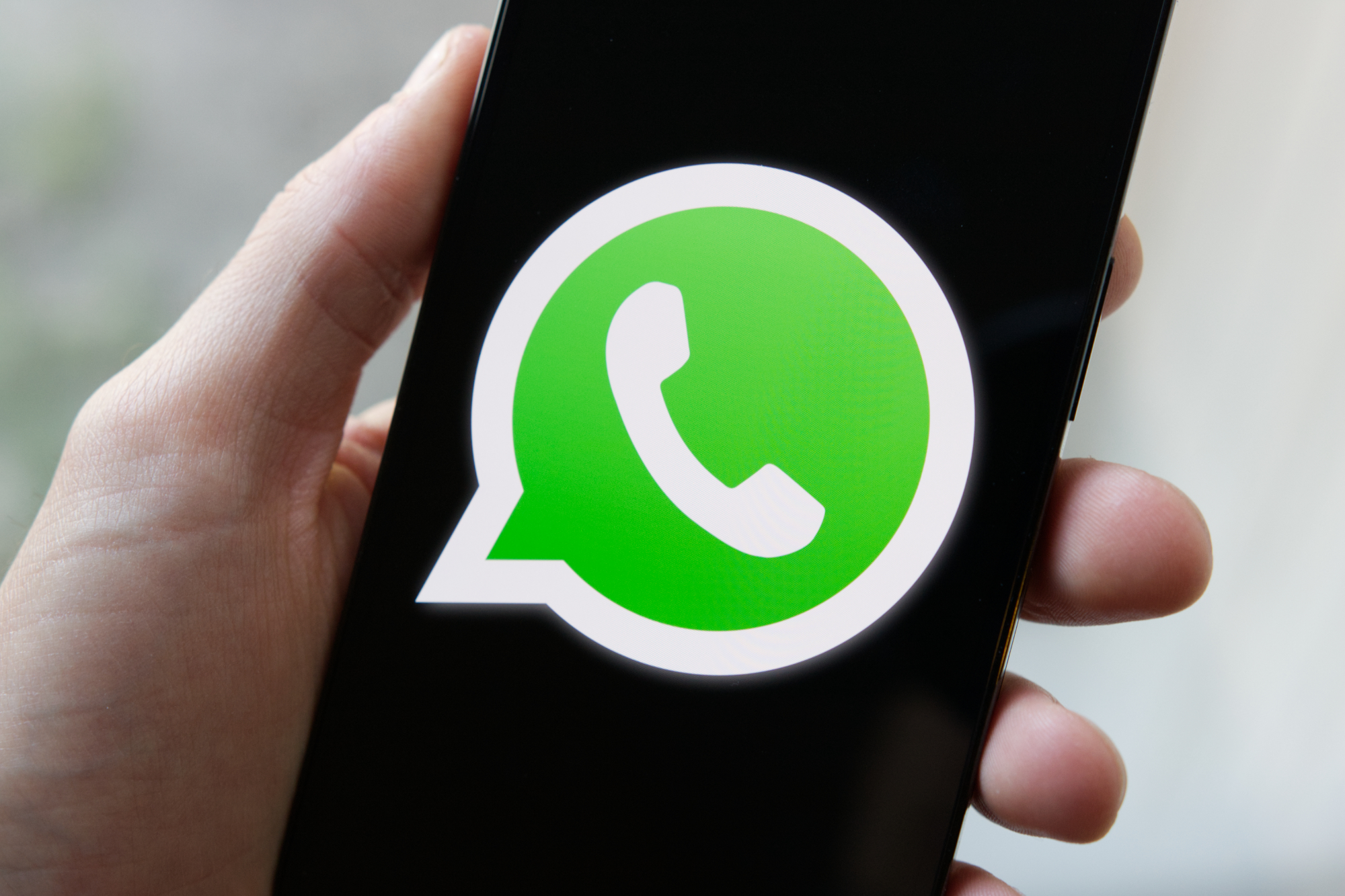
In a decisive move highlighting growing concerns over digital privacy and cybersecurity, the United States House of Representatives has officially prohibited the use of WhatsApp on all government-issued devices. The ban, enacted by the Office of Cybersecurity within the House Chief Administrative Office (CAO), applies to WhatsApp across all platforms, including mobile applications, desktop clients, and web versions.
This decision stems from a comprehensive internal cybersecurity assessment that flagged WhatsApp as a “high-risk” application. The CAO cited several core issues with the platform, including insufficient transparency in how user data is handled, inadequate encryption of stored data on devices, and broader security concerns that make the app vulnerable to potential threats. The findings suggest that WhatsApp’s architecture does not align with the stringent security standards required for devices used by federal officials and government personnel.
In response, WhatsApp’s parent company, Meta, strongly contested the decision. Andy Stone, Communications Director at Meta, defended WhatsApp’s security posture, emphasizing its commitment to user privacy and the use of end-to-end encryption by default. He argued that the app’s security infrastructure is among the most advanced in the world and questioned the rationale behind the CAO’s classification.
Despite Meta’s defense, the House has moved forward with enforcing the ban, instructing users to uninstall WhatsApp from all official devices. In its place, the Office of Cybersecurity has recommended the use of alternative messaging and communication tools that meet higher standards of security and compliance. These include Microsoft Teams, Signal, Amazon Wickr, Apple’s iMessage, and FaceTime—all of which are deemed to offer more robust protections for sensitive communications.
This move follows a broader pattern of restrictions imposed by U.S. governmental bodies on popular tech platforms. In recent months, the House has similarly banned applications such as TikTok, ChatGPT, and DeepSeek from official devices, citing similar concerns around data sovereignty, foreign surveillance risks, and platform transparency.
The decision to block WhatsApp signals a growing imperative within federal institutions to assert greater control over the software ecosystems they permit on government hardware. It also reflects increasing skepticism about the practices of major tech companies—even those based in the United States—regarding how user data is managed, stored, and potentially exposed.
As the digital landscape continues to evolve, government agencies are likely to face mounting pressure to adopt stricter controls over the technologies in use, prioritizing platforms that adhere to transparent and independently verifiable security protocols. The House’s action sets a significant precedent, both for other branches of government and for organizations in the private sector seeking to align with best practices in cybersecurity and data protection.






